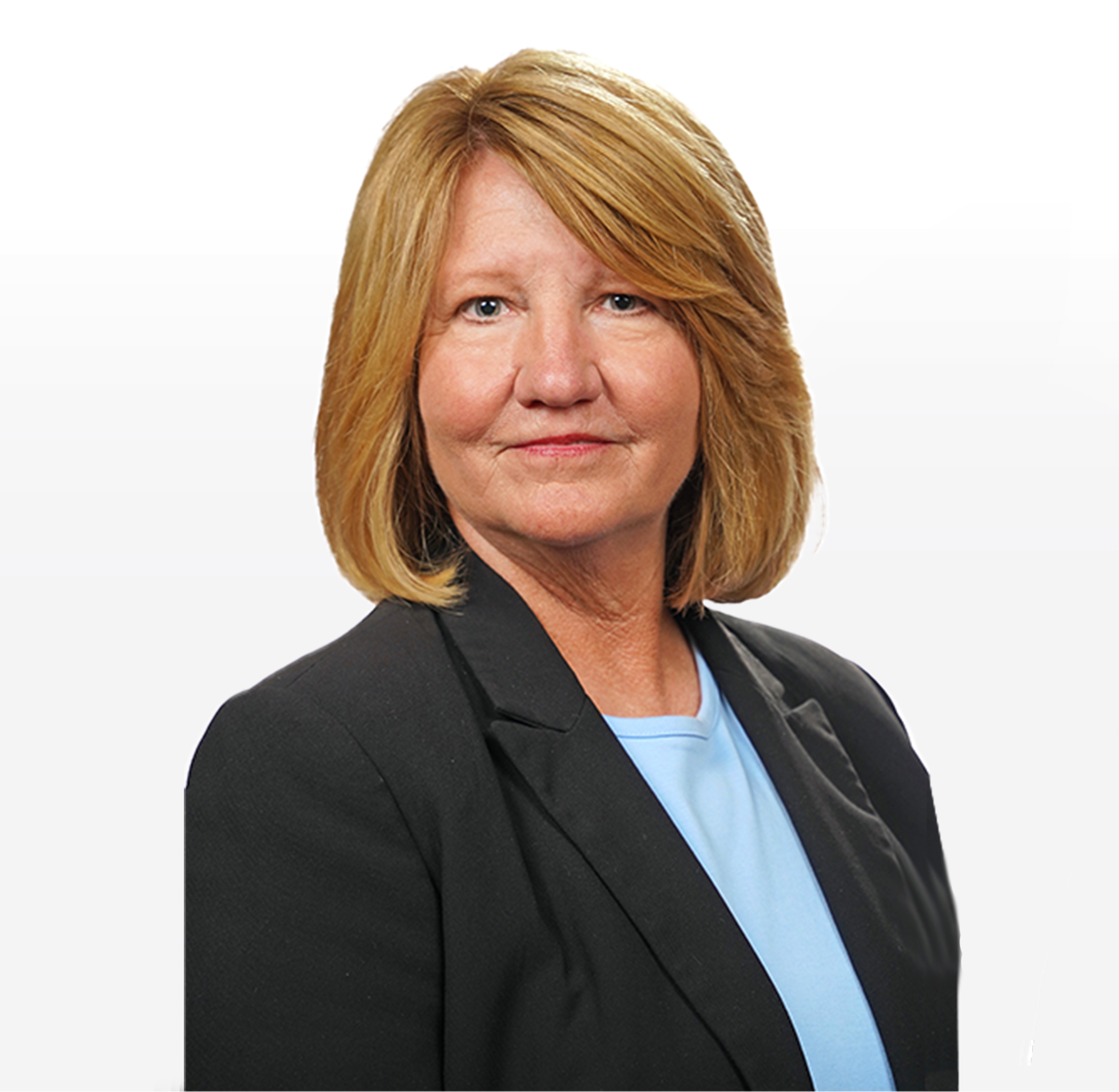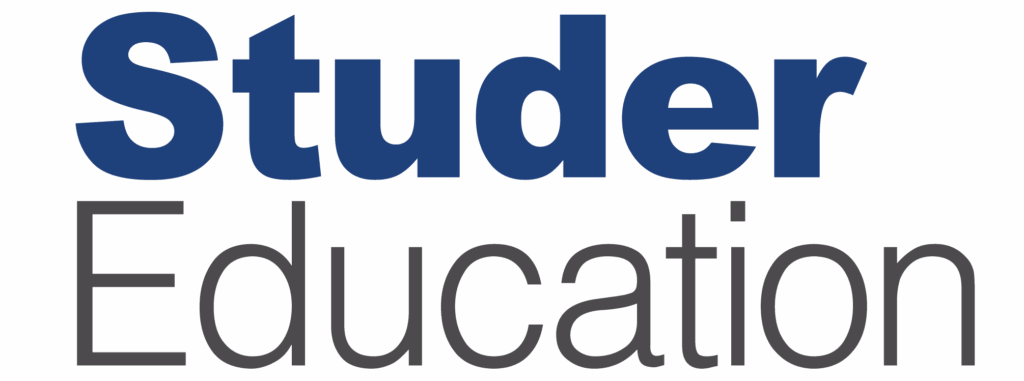Join us for part two of Dr. Janet Pilcher’s thought-provoking conversation with Superintendent Rob Clayton of Warren County Public Schools. In this episode, they dive into how Mr. Clayton has built trust, courage, ownership, and commitment with his team by leading with intention and transparency to achieve organizational excellence. They also discuss the importance of data-driven decision-making and systematic review processes to encourage a culture of accountability and alignment. Lastly, Mr. Clayton highlights the ultimate goal of ensuring student success by focusing on the continued investment in and development of the adults who play a pivotal role in students' educational journeys. Part One — EP319: Achieve Accountability Through Consistency and Communication
Episode 320
Build Trust to Strengthen Culture
Join us for part two of Dr. Janet Pilcher’s thought-provoking conversation with Superintendent Rob Clayton of Warren County Public Schools.
Listen Now
Hosts

Janet Pilcher
President, Studer Education
About the Episode

- How does collaboration positively influence the executive decision-making process?
- What is the beneficial influence on students when support is provided to the adults within an organization?
- How does instilling a sense of pride and ownership within a team create a culture where employees are assertive and empowered?
Pillar 1: Aim High to Achieve Excellence
Pillar 9: Continuously Improve to Achieve Success
More Like This
Browse AllWant to bring books to your team?
We support districts with bulk ordering options, reading guides, and professional learning plans built around our published content. Our books offer a shared language for system-wide alignment, whether for a leadership retreat, professional learning series, or district-wide initiative.
























